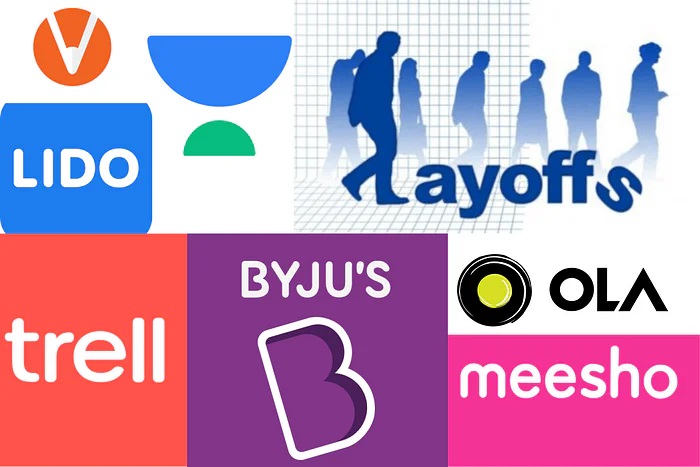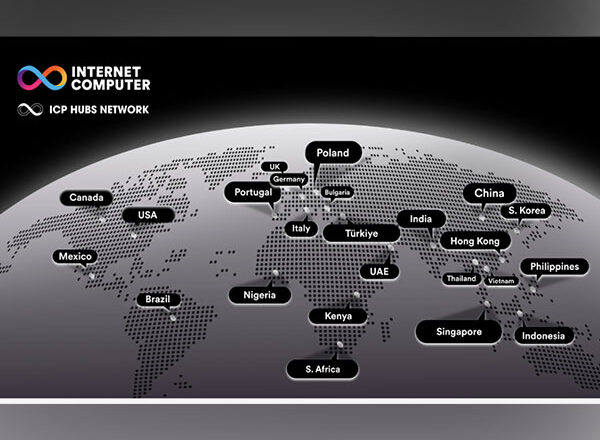In 2022, thousands of workers were laid off by startups like BYJUs and Meesho.
According to a PwC India report, startup funding dropped by 40% in the second quarter of 2022 compared with the same time in 2021. This resulted in thousands of startup employees losing their jobs. Some companies like Lido Learning were forced to close their doors as a result of the layoffs.
Many questions have been raised about the profitability and operations of startups due to the manner in which some layoffs were handled. These layoffs and the negative publicity that they generate can lead to a shift in B2B and B2C startup appeal.
Ruchir Lahoty, managing partner, MegaDelta Capital, says that these layoffs can impact a consumer’s decision, in terms of associating with a brand.
“Layoffs are often caused by the internal financial instability of a company. This may be a reason for the customers to be cautious with their dealings with a particular brand. It may serve as a deterrent for long-term engagements with such a company.”
Lahoty believes that consumers would prefer to work with brands that are around for a long time. The trust factor can be a key component in navigating financial instability and layoffs.
B2C brands’ target is to build long-standing loyalty with their consumers. “For newer, developing brands, the negative press doesn’t induce consumer loyalty for a brand,” Lahoty adds.
According to Lloyd Mathias, a business strategist and investor, “Issues like mass layoffs do impact the employer brand, as it makes future hires quite wary of the company. This may happen more so in the case of companies that fire in a cavalier manner or have just come out of a hiring cycle.”
“Also, existing employees tend to feel a bit insecure. While these stories are picked up by business-oriented audiences, the impact on the larger consumer base is limited.” In terms of business, Mathias ascertains that the impact is larger as far as B2B brands go. Their customers are a business audience, who will be in the know of any sharp cutbacks, especially those that make it to the media.
“B2C brands get impacted with a drop in customer-facing metrics: lower advertising; sales and customer service cutbacks.”
Edtech is the industry with the highest number of layoffs. It is also the largest space leader, BYJU’S – The Learn App. This company was the latest to make people redundant. The company laid off 2,500 employees. According to media reports, the company plans to eliminate 12,000 employees. This decision was made in order to make the company profitable before going public.
This company is not exactly a public icon. “BYJU’s has been in news for the wrong reasons over the last few months. Mathias points to the delay in reporting FY21 results and the loss of Rs 4,589 crore in FY21, as well as the recent announcements of layoffs.
“Now compare this with its massive sports properties. Its logo on the Indian cricket team jerseys is worth Rs 5 crore per bilateral match and Rs 1.65 crore per match in an ICC event. Then, its commitment as global partner for the 2023 ICC ODI World Cup in India and partnership with the 2022 FIFA World Cup in Qatar.”
The company sent out some messages about the decision to lay off employees, but it was also followed up by disgruntled former employees, who raised concerns about the whole process.
Aniruddha Bhagwat (CEO & cofounder of Ideosphere) shares an interesting post he found on social media. An ex-BYJU employee had a bad experience with the HR department. Social media users have expressed dismay at the fact that employees were not sent a termination letter by the company, but rather asked for their resignation. This kind of communication could have been avoided.
“A company needs to establish a strong protocol for its communication, both internal and external. Preparedness starts much before a crisis strikes and at that time, the company needs to have a solid communication foundation. A better framework of executing such layoffs needs to be in place,” Bhagwat adds.
He believes that consumers’ perceptions may not change that much until layoffs aren’t directly related to the products or services offered by the company.
Bhagwat recognizes the negative impact these events have on the brand’s image in the market. He observes that almost all cases of mass layoffs have been those in which the founders of startups did not explain their reasons.





